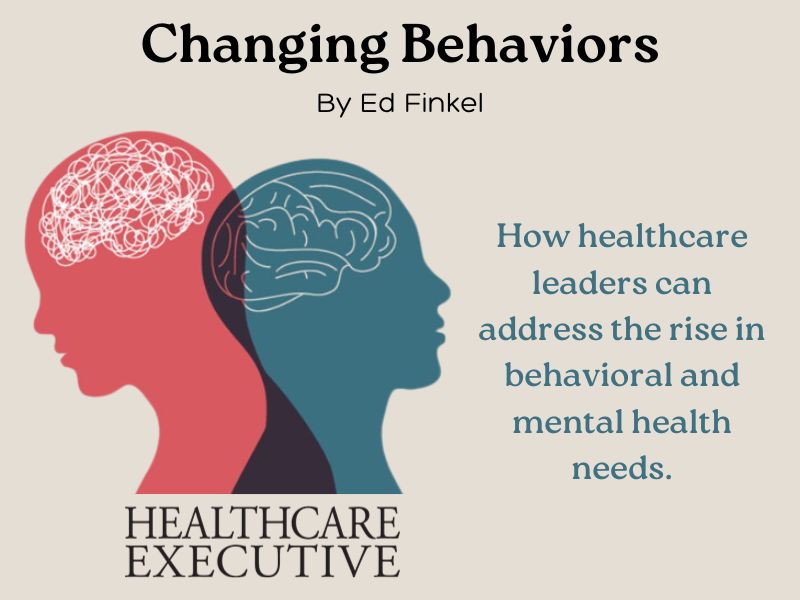Healthcare Leaders Address the Increasing Need for Mental Health Services

Psychiatric Medical Care’s chief executive officer, J.R. Greene shared his thoughts about how mental health treatment can be more accessible as the need for behavioral healthcare continues to rise. Below is an excerpt from the article “Changing Behaviors” which was published by Healthcare Executive.
Click here to view a printable PDF of the entire article.
Excerpt of “Changing Behaviors” Featuring J.R. Greene
J.R. Greene, FACHE, CEO, Psychiatric Medical Care, Nashville, Tenn., points to the paucity and ambiguity of funding sources. Founded in 1992 by Greene’s father, James A. Greene, MD, the mental health management organization partners with more than 250 facilities in 34 states—historically focused on rural areas but recently moving into urban markets as well—to provide outpatient, inpatient, telehealth and pediatric psychiatry services.
“The funding has not universally been at a rate that would motivate many practitioners to become behavioral health experts compared to other specialties,” he says. And payers don’t have the same hard data about the costs of behavioral health treatment as they would, say, for a hip replacement. “We don’t know the exact costs associated with treating various mental disorders,” he adds. “As an example, we can’t tell someone with adult bipolar illness that they will need a certain type of treatment for a very strict amount of time, at a set industry cost. [That] ambiguity of behavioral health treatment disrupts the funding mechanisms. Insurance providers want to see consistent data to know their realistic estimated cost by treatment. Behavioral doesn’t have this near perfect sophisticated capability—yet.”
Greene recommends continued investment in patient data and outcomes, along with the right expertise, which involves not just recruitment but also retention of behavioral health providers—along with adequate training to bring it about. Virtual care should be encouraged whenever possible to ensure wider access, with the caveat that acute needs will still need to be handled in person, he says. “Leaders across all of healthcare need to become more comfortable with a virtual or hybrid level of mental healthcare,” he adds.
Other steps to improving access include advocating for more complete insurance coverage and working to reduce the stigma around mental healthcare, Greene says. One local success he’s seen involves a youth soccer team that has previously seemed hesitant to adopt Psychiatric Medical Care as its sponsor accepting the sponsorship this year, even placing the medical company’s logo on the players’ jerseys.
Any internal effort begins with—but should not be limited to—an employee assistance plan, Greene says. About 36% of Psychiatric Medical Care employees leveraged that benefit in 2022, with many of them using the teletherapy option, he says. Greene agrees that reducing the stigma around behavioral health is a key ingredient internally, as well.
Bridging these gaps is essential for people to get coordinated care, which requires not only human communication but also electronic interoperability to ensure a seamless flow of data, Greene says. “It’s building the relationships—and sharing the information and outcomes,” he says. “We’ve been able to do a lot of this because we work with FQHCs, community mental health centers, academic centers and hospitals themselves.” Information about outcomes can help build the data and algorithms that insurers want, he adds.
“The outcomes we’ve gathered vary based on the patient population, but we work with our partners to share access to key data points that drive care, reduce recidivism and improve outcomes,” Greene says. “A few key data points we collect and share include polypharmacy usage, ED visits for mental health crises, reduction in ED visits over time with mental healthcare access, patient outcomes from evidence-based testing and continuing care instructions between care teams.”
If you or someone you know is in need of a behavioural health placement, behavioural health referral, or experiencing a mental health emergency or crisis, please do not use this website. Instead, use these crisis resources to speak with someone now or access local support.

